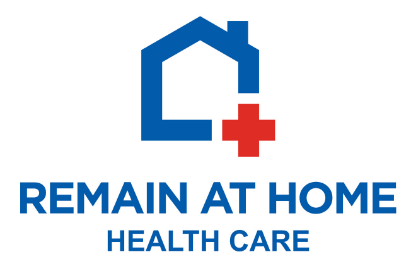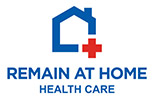Managing Dementia
Dementia is the most debilitating chronic illness our clients face. 1 in 8 older Americans have some form of Alzheimer’s disease, and this number is expected to grow as the portion of the population over age 65 continues to increase in the U.S.. By 2015, a 49% increase in cases of Alzheimer’s is expected in the state of Georgia alone. Remain At Home Senior Care was founded to help care for the growing number of seniors who need help to stay and thrive in their own homes.
“Dementia” is an umbrella term used to describe a variety of diseases which occur when nerve cells in the brain die or no longer function normally. Typical characteristics of the different types of dementia include:
Alzheimer’s disease
- Most common form of dementia; accounts for 60-80% of cases
- Difficulty remembering names and recent events
- Lack of interest in life
- As disease progresses, symptoms include impaired judgment, disorientation, confusion, behavioral changes, difficulty speaking, swallowing and walking
- Vascular Dementia
- Previously known as post-stroke dementia
- Occurs because of brain injuries from microscopic bleeding and blood vessel blockage
Impaired judgment and/or inability to make plans are the initial symptoms
Lewy Bodies Dementia
Similar to Alzheimer’s disease, but will likely include early symptoms of sleep disturbance, visual hallucinations, and muscle rigidity and Parkinson’s disease-like movement
Mixed Dementia
Characteristics include a combination of the hallmark abnormalities of Alzheimer’s disease along with another type of dementia, typically Vascular dementia
Dementia Management
All forms of dementia require active daily management, including the appropriate evaluation for medications designed to retard the progression of dementia. Patients may also need a caregiver’s help with:
- Effective management of co-existing conditions
- Coordination of care among physicians, other healthcare professionals and caregivers
- Instrumental Activities of Daily Living, including shopping for groceries, preparing meals and providing transportation
- Personal Activities of Daily Living, including bathing, dressing, grooming, feeding, toileting to manage incontinence, mobility and transferring needs
- Management of behavioral symptoms and safety issues; one fourth of hospitalizations for Alzheimer’s patients are the result of a fall
- Performing household chores
- Providing structure and routine on a daily basis, including participating in activities

